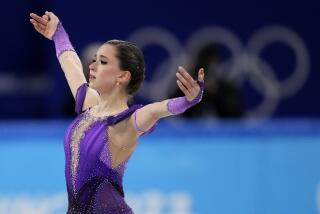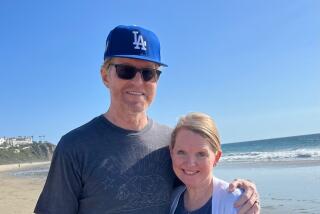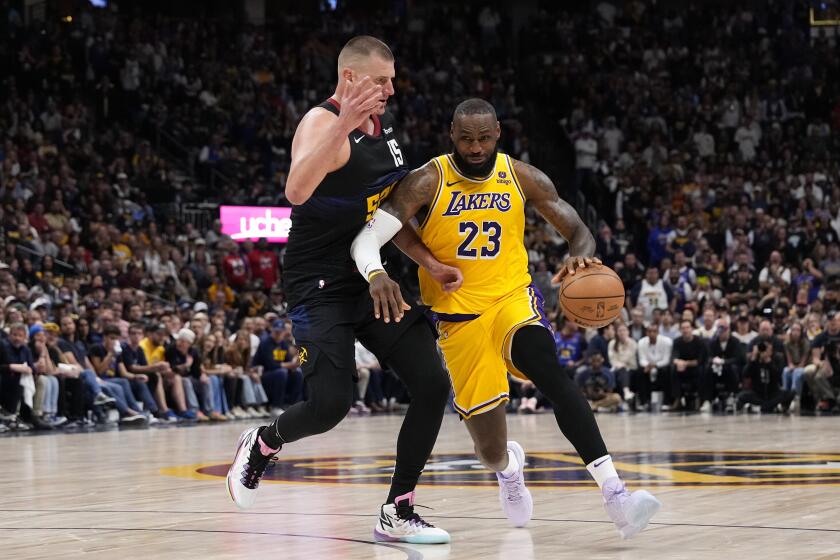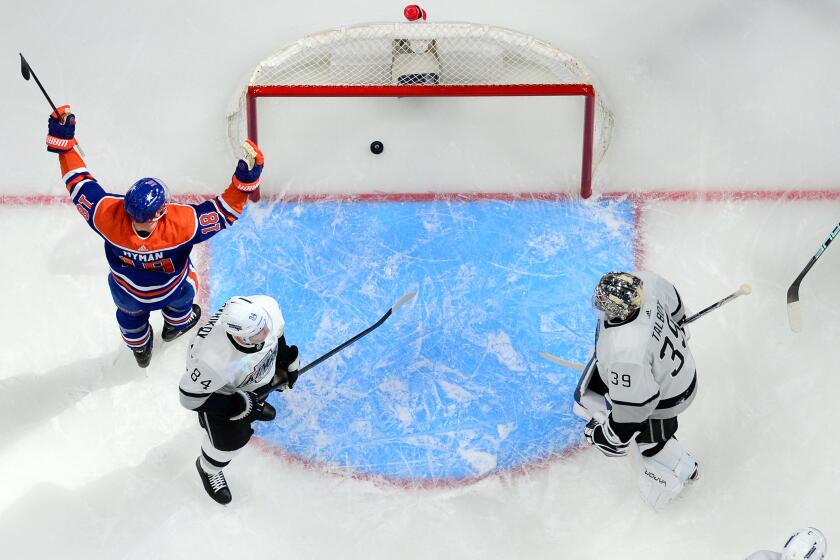At Sochi Olympics, figure skater Patrick Chan faces big expectations
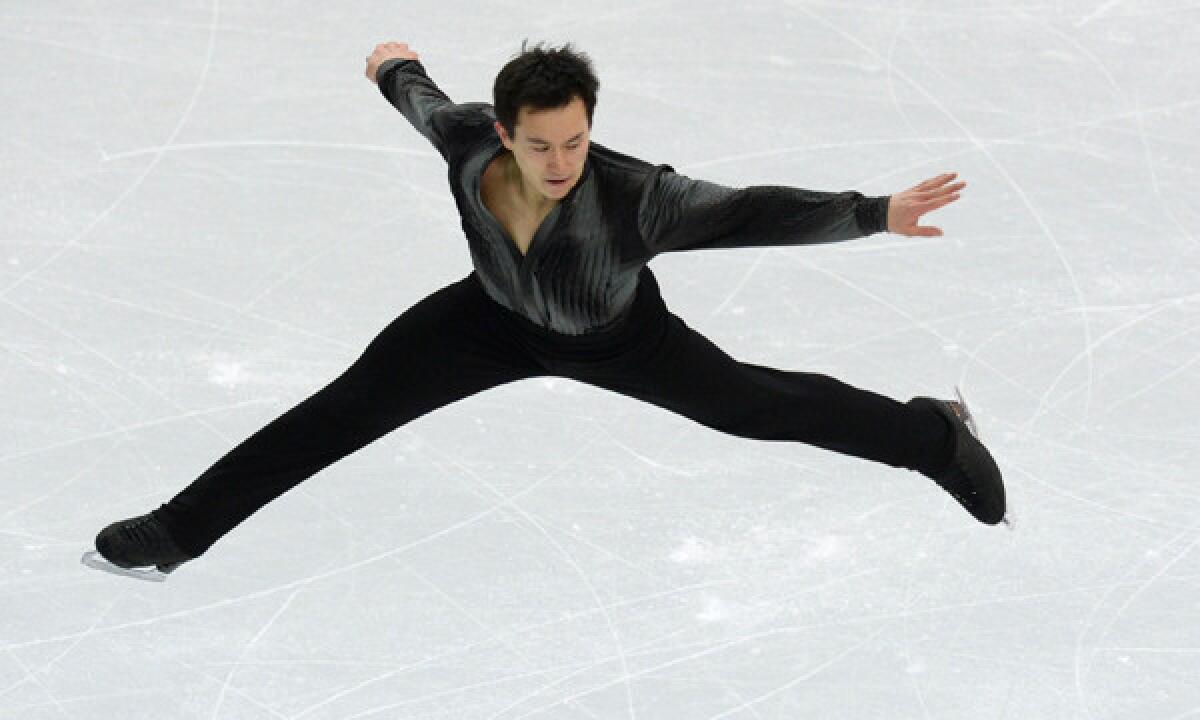
SOCHI, Russia — Two Canadian men could sweep the medals in men’s figure skating.
That apparent mathematical impossibility adds up because Canadian skater Patrick Chan is the favorite and Canadian coach Brian Orser, a two-time Olympic silver medalist, guides two of the other leading contenders, Yuzuru Hanyu of Japan and Javier Fernandez of Spain.
A victory by any of those three would produce the first men’s figure skating gold medal for his country — in Fernandez’s case, any medal would be a figure skating first for Spain. Orser has helped a skater make such national history: No South Korean had won an Olympic medal in figure skating before he coached Yuna Kim to the women’s title in 2010.
FRAMEWORK: Best images from Sochi
Chan is the only one for whom anything less than a gold medal will be seen as a failure. He came to Sochi having won the last three world titles, and he is such a judges’ favorite that many believe he benefits from “Chanflation.”
The expectations have been building for so long that Chan has had time to get used to them before the Olympic men’s competition begins Thursday with the short program.
“It’s not like I became the favorite out of the blue,” he said.
At the same time, Chan admits to struggling with the doubt that creeps into his mind after both subpar and good performances. December’s Grand Prix Final was a case in point: He skated a strong long program and still lost to Hanyu.
“It is like I have a devil on my shoulder,” Chan said. “I am thinking about ‘Oh, am I going to beat them even at my best?’”
Four-time U.S. champion Jeremy Abbott, who has struggled in big international events, trains with Chan at the Detroit Skating Club and fully understands the mental battle the 23-year-old Canadian is fighting.
“There is always that fear and always that doubt because you train so hard for one specific moment, and there is always a chance for success or failure,” Abbott said. “It’s the doubt that drives us to succeed. If we were all confident, we would probably be complacent.”
Until recently, there seemed little question Chan would win with mistake-free skating. He can do all the big tricks, including quadruple jumps. The quality of his fundamentals, especially the use of edges and balance over his blades, is peerless among the contemporary group of men.
Hanyu, 19, brings the insouciance that goes with still being the rising star, although he has far less polish than Chan.
“He’s a firecracker,” U.S. skater Jason Brown, also 19, said of Hanyu, a world bronze medalist at 17.
“There’s a carefree quality to his skating,” said 1992 Olympic silver medalist Paul Wylie, “and there’s a part of that that feels a little sloppy to me. I guess I have to get over it. The buzz is for Hanyu.”
The real buzz at the Iceberg Skating Palace will be for 2006 champion Evgeny Plushenko, 31, who decided after helping Russia win the team gold that he wanted to try for a fourth singles medal. Few expect him to get it, but everyone wants to see another show from the man now in the conversation with two-time champion Dick Button as the best male skater in history.
Twitter: @olyphil
More to Read
Get our high school sports newsletter
Prep Rally is devoted to the SoCal high school sports experience, bringing you scores, stories and a behind-the-scenes look at what makes prep sports so popular.
You may occasionally receive promotional content from the Los Angeles Times.
